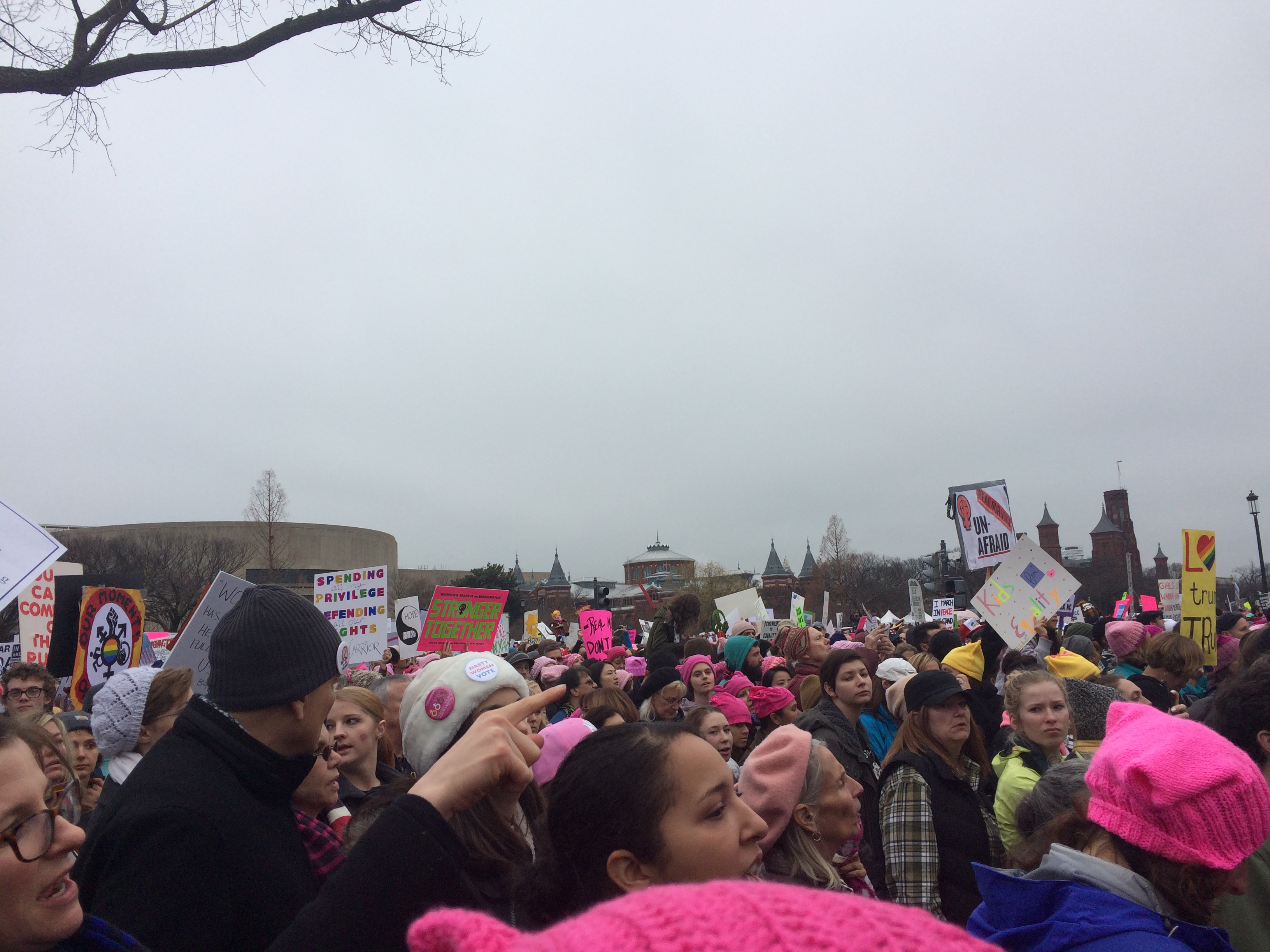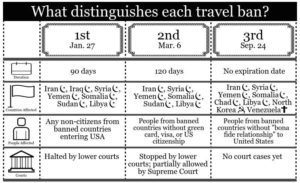The recent shooting at Marjory Stoneman Douglas High School in Parkland, Florida has reenergized the debate in the United States over laws that control the ownership and use of guns. The student survivors of the Parkland shooting are at the forefront of the movement to initiate new legislation controlling the use of firearms, but along with groundbreaking activism comes a plethora of complicated political, financial, and cultural conflicts.
It has become increasingly clear that the majority of Americans support stricter gun control. According to a poll by Quinnipiac University in Connecticut in February 2018, 75 percent of Americans believe that Congress needs to do more to reduce gun violence. However, what that solution looks like to different factions of this group is widely contested.
Students from Stoneman Douglas High School have proposed solutions such as tightening laws that regulate gun ownership, a minimum age of 21 to purchase a gun, background checks for all gun buyers, requiring owners to receive training in gun care and use, and banning semi-automatic rifles that shoot high velocity rounds as well as accessories like bump stocks used to make easily-to-acquire guns work like a semi-automatic firearms.
Nikolas Cruz, the 19 year old shooter who was a former student at Stoneman Douglas, had a long history of violent behavior. He legally purchased the semi-automatic rifle he used.
The National Rifle Association (NRA), is at the forefront of Americans who claim that the solution to gun violence in schools is not fewer guns or more comprehensive regulation, but rather armed defenses. Wayne LaPierre, the CEO of the NRA, spoke at the Conservative Political Action Conference (CPAC) eight days after the Parkland shooting, pushing the sentiment that “to stop a bad guy with a gun, it takes a good guy with a gun.” To make schools more secure, he wants to arm teachers and put a marshall in every school. It should be noted that there was a marshall on duty at Stoneman Douglas who failed to step inside the building and protect students.
NRA spokesperson Dana Loesch also points to the shooter’s mental health issues as a leading cause of gun violence. President Donald Trump has also claimed that mental health issues are the root cause of mass shootings.
The NRA does not see access to guns themselves as the primary culprit causing gun violence. For decades, they have vehemently opposed all legislation to regulate gun ownership and use. Instead, the NRA has successfully sponsored legislation to erode existing laws regulating gun manufacturers, sales, and ownership.
The NRA continually seeks to deflect any blame for gun violence from the availability and quantity of guns in the U.S., scapegoating other communities with the responsibility, such as the mentally ill or even the FBI, as well as attacking and demeaning opponents and their proposed solutions. In his February address to the CPAC, LaPierre called those who advocate for more stringent firearm regulations “ridiculous” and “fantasizing.” He also proposed that we must “harden our schools” with armed defenders of our students’ safety, because “evil walks among us.” In order to transfer focus off of the overwhelming availability and number of assault rifles, the NRA cites the violence in Parkland as a product of the FBI and the police in Broward County not containing Nikolas Cruz. He said that those who want more gun control legislation “want to sweep right under the carpet the failure of school security, the failure of family, the failure of America’s mental health system, and even the unbelievable failure of the FBI.”
Although deflection is a common occurrence in politics, it becomes particularly dangerous surrounding gun policy. Dr. Catherine Fung, Lick-Wilmerding English teacher, believes that “the argument that the NRA always wants to deflect from is the most simple — more guns equal more deaths. That’s something that they don’t want people to believe.”
Voting on legislation in the Senate designed to regulate access to guns and assault weapons falls along party lines — 99 percent of NRA funding goes towards Republican campaigns. Democrats generally vote for regulations (with some exceptions) and Republicans tend to vote to soften gun regulations or expand gun rights.
Fung believes that to divert attention from the role that gun regulation plays in mass shootings is largely financial. She emphasized that “the money that the NRA gives to political campaigns, and we also want to think about the money the NRA is receiving from the gun industry.” The main explanation for deflection, in this case, is to protect access to money. This isn’t the case for all gun supporters — many Americans simply hold the broadest interpretation of the Second Amendment and believe in the unrestrained right to carry a gun. But a politician who receives money from the NRA risks losing funding if they acknowledge that the leading cause behind gun violence is the guns themselves.
It’s safe to say that to move in the direction of strong gun control, the United States is going to have to look past the politics and into the real issues to see what guns really do.







